Per the terms of the agreement, EXIM will provide funds in guarantees for business operators working under the ambit of GEXIM.
The 1D1F operators will exploit the $300 million deal to source and procure machinery and equipment from the USA for their factories.
Chief Executive Officer of GEXIM, Mr Lawrence Agyinsam pointed out that the new deal could in three years produce some 300 new industries in Ghana’s private sector.
Businesses could receive a maximum support of US$10 million.
“This is a major step forward for us as a bank and country and has put to rest the notion that 1D1F was a mere rhetoric. GEXIM is proud to be associated with this landmark deal, and we will continue to provide support to our businesses, especially the SMEs,” he added.
As the lead financing institution of 1D1F, the funds would better position GEXIM to empower and equip private sector operators to add value to their raw materials for export, Mr Agyinsam stated.
Under the agreement, GEXIM would serve as the borrower and the primary source of repayment for EXIM.
United States Envoy to Ghana, Stephanie Sanders Sullivan said the agreement was to address challenges faced by Ghanaian businesses and entrepreneurs in accessing credit at affordable rates with soft repayment terms to aid business expansion.
“This collaboration between our respective export-import banks creates a welcome opportunity for companies to adopt cutting-edge USA technologies and equipment and to finance them at competitive rates. That means companies can grow, become more competitive, hire more workers and pay taxes that can finance Ghana’s development,” she added.
The deal would also support government’s goals to increase industrialisation, create jobs, diversify the economy and transform Ghana’s manufacturing sector for increased exports to the USA, Ambassador Sullivan noted.
Minister of Finance, Ken Ofori-Atta explained that the funding was a necessary intervention to improve the capacity of local industries by retooling and adopting new technology to produce goods and services efficiently.
Increased production, he said, provided Ghana-added opportunities to take advantage of the African Growth and Opportunity Act (AGOA) to export goods and services to the USA market.
Despite positive macroeconomic growth over the past two years, he observed that, rising levels of importation of goods and services had resulted in the instability of the local currency against other currencies, especially the dollar.
Mr Ofori-Atta reiterated government’s commitment to pursuing industrialisation to reduce importation, increase export and create employment opportunities for Ghanaians.
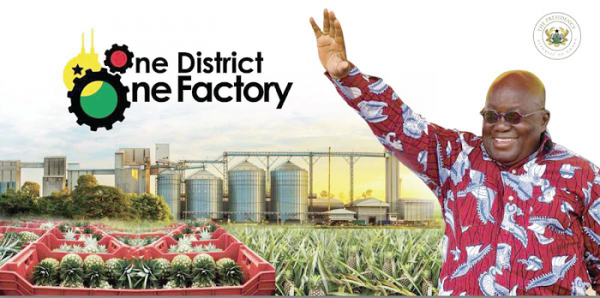
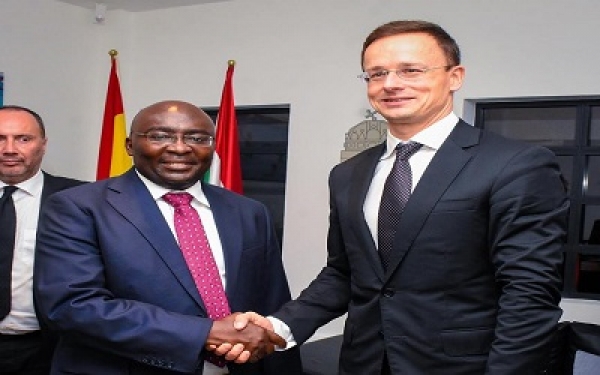
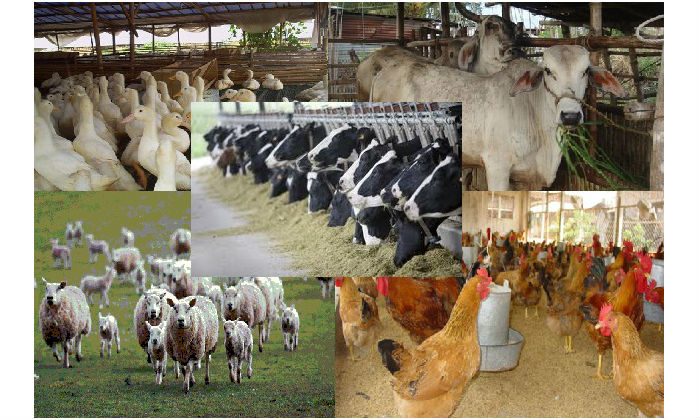
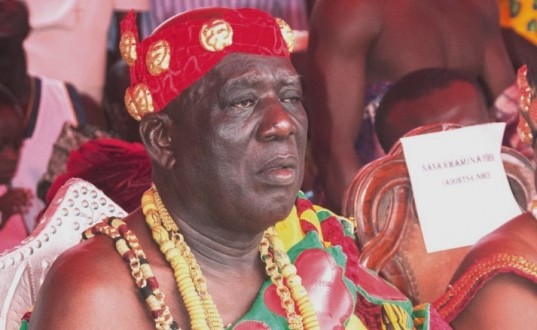
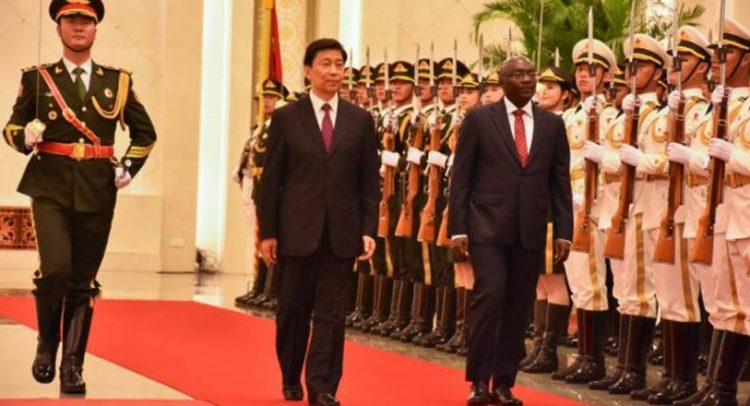






 (Selorm) |
(Selorm) |  (Nana Kwesi)
(Nana Kwesi)